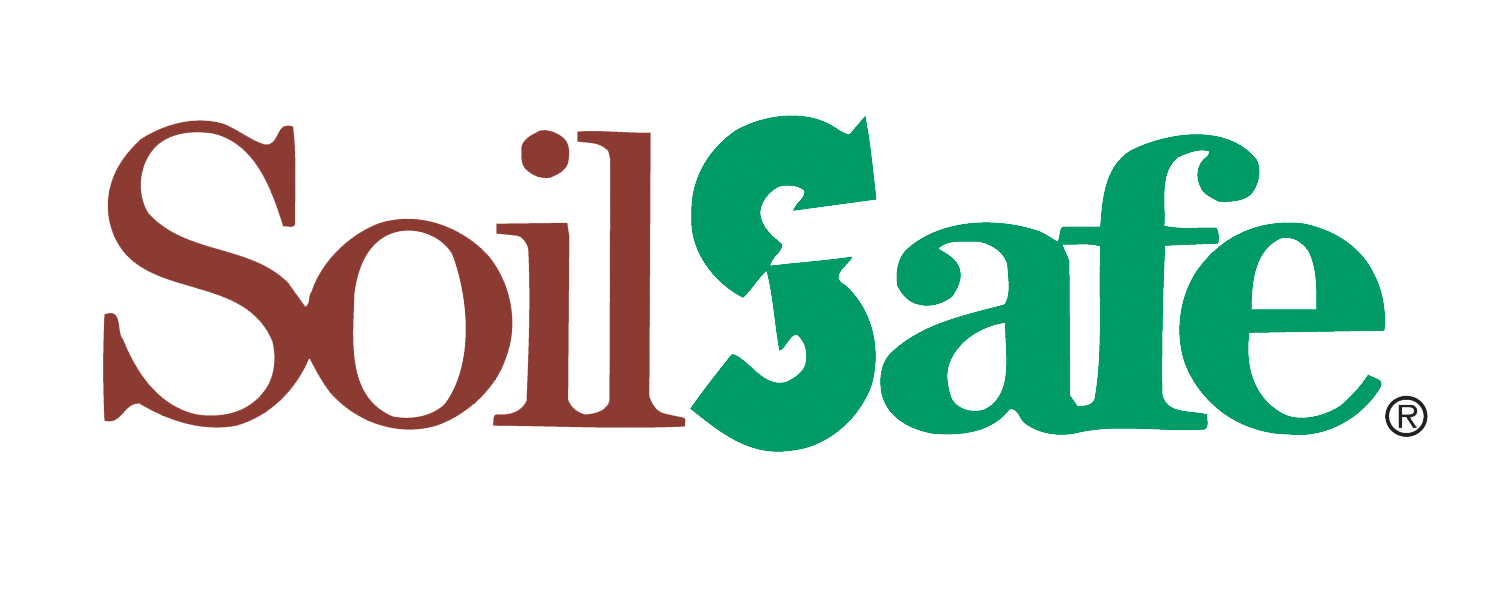NJ Appellate Panel Says Industrial-Site Cleanup Plan Is Safe
Law360, New York (December 20, 2017, 5:29 PM EST) -- The New Jersey Appellate Division on Wednesday upheld the state’s approval of contamination cleanup activities at a former metal production plant, ruling that the remediation proposal offered by the site’s present owner was safer than alternative plans.
The three-judge panel’s decision handed a defeat to Raritan Baykeeper Inc., a nonprofit dedicated to protecting waterways in New Jersey and New York, which challenged the state Department of Environmental Protection’s approval of Rahway Arch Properties LLC’s remediation plan to prevent contaminated sludge left by Cytec Industries Inc. from affecting the nearby Rahway River.
The remediation plan entailed filling the lagoons containing the sludge with recycled soil, a portion of which was contaminated by petroleum. The DEP’s technical staff had initially determined that Rahway Arch didn’t meet the requirements for a hardship exception from Flood Hazard Area Control Act rules regarding the storage and placement of hazardous materials.
However, Rahway Arch and its environmental investigator later provided the DEP with further documentation and analysis to support the application, including alternative possibilities, according to the appeals decision. The DEP took a second look and determined that Rahway Arch's proposal provided equal or better protection to the public health, safety and welfare and the environment than the alternatives. Also, the alternatives either failed to achieve the remediation objectives or weren’t feasible and came with “unreasonably” high costs.
Raritan Baykeeper had argued that one particular alternative, capping the site with fill and a geomembrane, a barrier used to control the flow of a substance, was preferable to Rahway Arch’s plan. But the appeals panel sided with the findings of Susan Dietrick, chief of the DEP's Office of Dredging and Sediment Technology.
“Dietrick provided sound reasons for rejecting this alternative, and her findings are supported by substantial credible evidence in the record. We conclude the DEP's determination that Rahway Arch's proposal is the preferred alternative is not arbitrary, capricious or unreasonable,” the opinion said.
The land at the center of the challenge was used by Cytec from the 1930s to the 1970s for the disposal of approximately two million tons of sludge consisting of sodium ferrocyanide and other hazardous materials, according to the decision. The sludge was the product of a chemical plant Cytec owned and operated from 1917 to 1998, and was deposited in six man-made, unlined lagoons comprising about 85 acres of the property.
Cytec previously attempted to remediate the site by building containment berms around the lagoons and covering the sludge with unknown fill material to maintain the berms and stabilize the surface of some of the lagoons, according to the decision. In 2002, the DEP determined that no further remediation action was needed on the site.
But after Rahway Arch bought the property in 2010, the company’s environmental investigator, EastStar Environmental Group Inc., determined that the property was still heavily contaminated and that Cytec’s remediation measures no longer met the DEP’s public health standards, according to the decision.
In July 2013, Rahway Arch and EastStar presented the DEP with a remediation plan that entailed using an engineered soil product to cap the contaminated area, the decision said. Rahway Arch retained Soil Safe Inc. to operate a onsite recycling facility to produce the fill.
In 2014, the DEP issued a modified Flood Hazard Area Individual Permit and hardship exception to Rahway Arch and granted a recycling permit to Soil Safe to operate its facility, according to the decision. Raritan Baykeeper challenged both orders.
In rejecting the geomembrane alternative that Raritan Baykeeper had endorsed, Dietrick had determined, among other things, that the fill material would settle and cause the geomembrane to experience tensile stress, allowing water to infiltrate into the underlying material, the decision said.
Also, a leak in the membrane could go undetected for a long time since it must be covered by a layer of soil, Dietrick found. Likewise, the alternative wouldn’t address the need to stabilize the existing berms, and the membrane could hamper future development of the site because it could prevent a developer from constructing footings and foundation.
The appeals panel also rejected Raritan Baykeeper's claims that the engineered fill will have levels of contaminants that greatly exceed those existing on the site.
“There is sufficient credible evidence in the record to support the DEP's finding that engineered fill will comply with the agency's technical rules and the use of the engineered fill will not pose a threat to the environment, or the public health, safety or welfare,” the decision said.
Turning to the challenge to Soil Safe’s recycling permit, the panel refuted Raritan Baykeeper’s contention that the engineer fill was solid waste and not recyclable.The appeals judges said the record supports the DEP's view that materials processed at the facility, which would otherwise be treated as solid waste, will be "returned to the economic mainstream in the form of raw materials or products” and was thus recyclable material.
Raritan Baykeeper also said the DEP failed to consider Soil Safe's alleged record of regulatory non-compliance, according to the decision. The appeals court found, however, that the argument consisted of “unsupported allegations in an unverified letter that Baykeeper submitted to the DEP in October 2012.”
Michele D. Langa, an in-house attorney for Raritan Baykeeper, said she was disappointed in the ruling.
"There was great potential at the Rahway Arch site to allow for a proper remediation and restoration, but this decision eliminates that potential and places the site, the river, and the surrounding area at risk indefinitely," Langa told Law360.
A DEP spokesperson had no immediate comment on the ruling.
Appellate Division Judges Joseph Yannotti, George S. Leone and Hany A. Mawla.
Raritan Baykeeper is represented in-house by Michele D. Langa and Andrea Leshak.
The DEP is represented by New Jersey Attorney General Christopher S. Porrino, Deputy Attorney General Lisa J. Morelli, Assistant Attorney General Melissa H. Raks
Soil Safe is represented by Christopher R. Gibson and Patrick M. Flynn of Archer & Greiner PC.
The cases are Raritan Baykeeper v. New Jersey Department of Environmental Protection et. al., cases A-3485-13T1 and A-5407-13T1, in the Superior Court of New Jersey, Appellate Division.
--Editing by Alanna Weissman.
Update: This article has been updated to include comments from Raritan Baykeeper's attorney.

